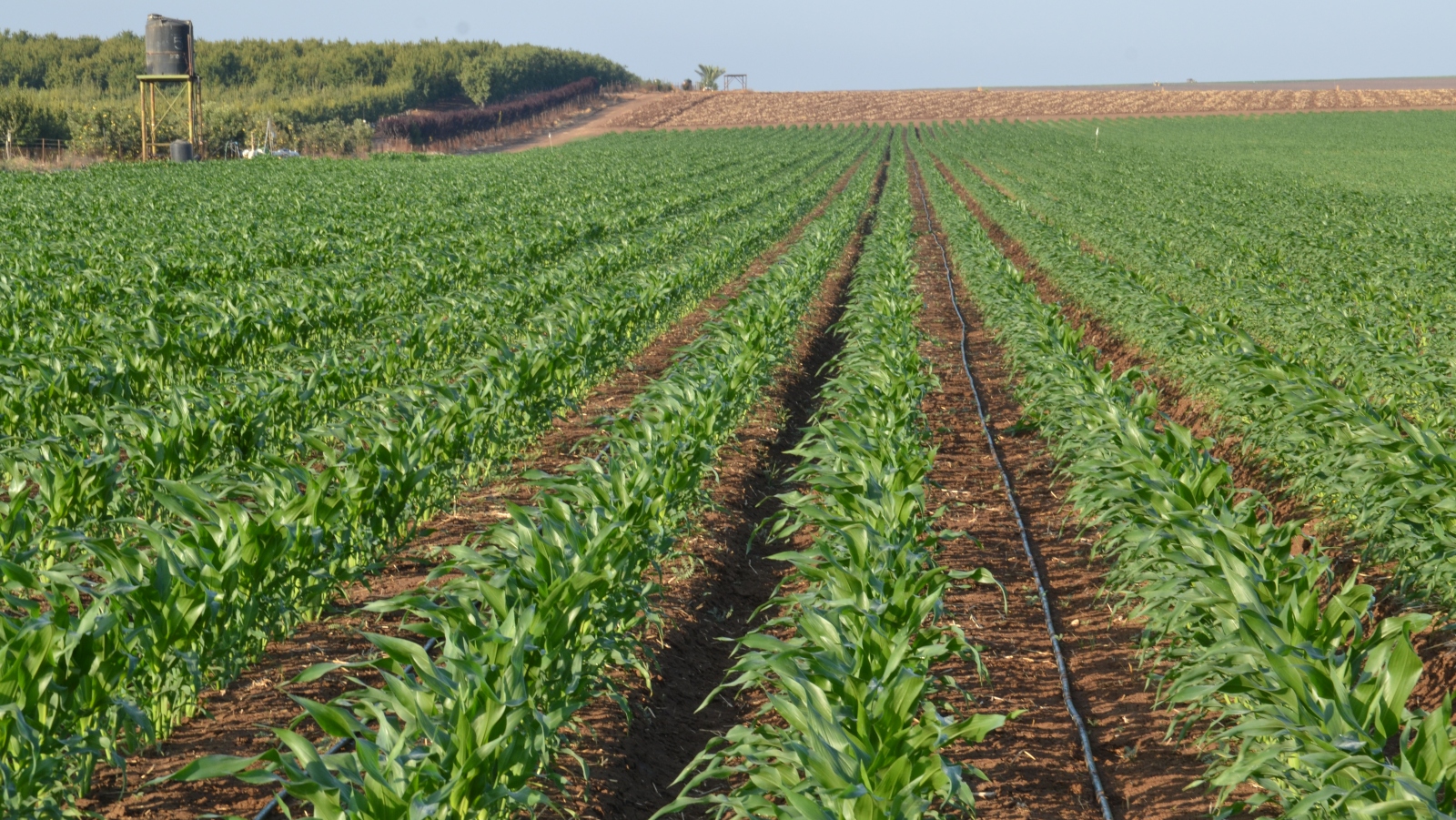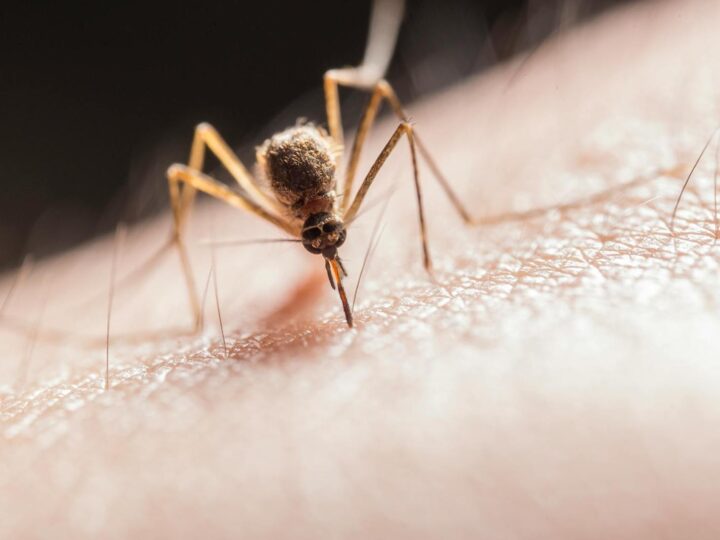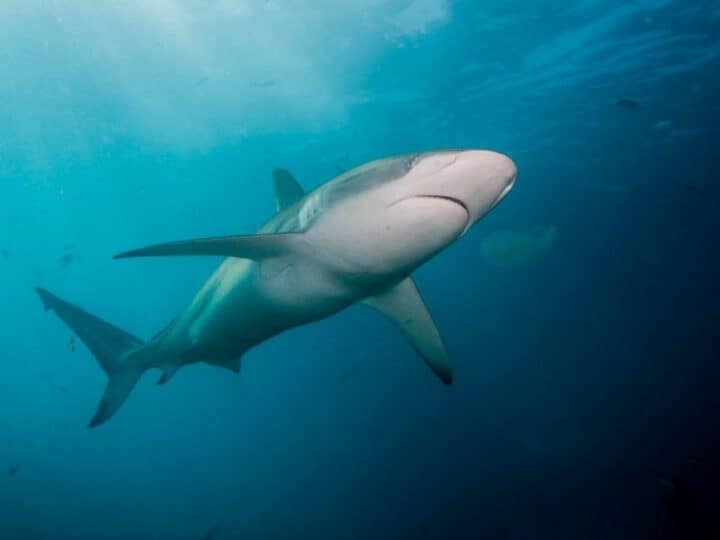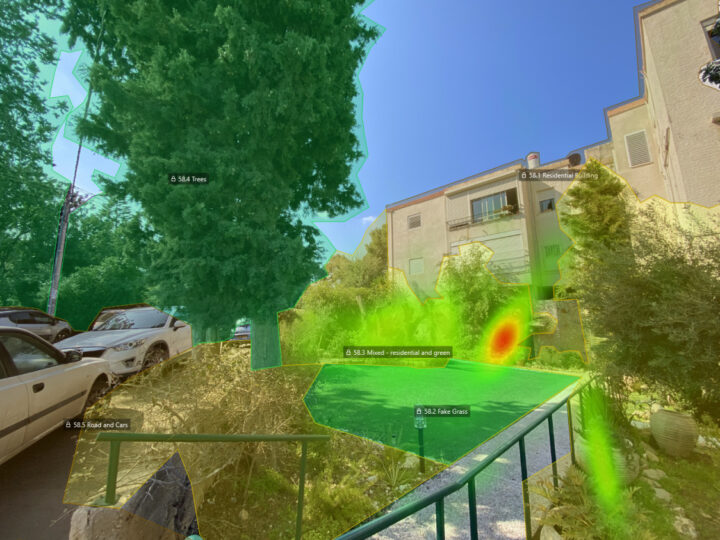Corn is the third largest plant-based food source in the world and the most important crop in the United States, where 1.2 billion metric tons of corn were produced last year.
Corn is also cultivated in China, South America, India, Ukraine and across Europe, as food for both humans and livestock, as a biofuel and as a crude material for industrial purposes.
Now, results of a Life Cycle Analysis study show that the environmental impact of all those cornfields is significantly reduced by the use of drip irrigation as opposed to flood or sprinkler irrigation.
The study was conducted by EcoChain during 2020 for Israel’s Netafim, the global leader in sustainable precision irrigation solutions.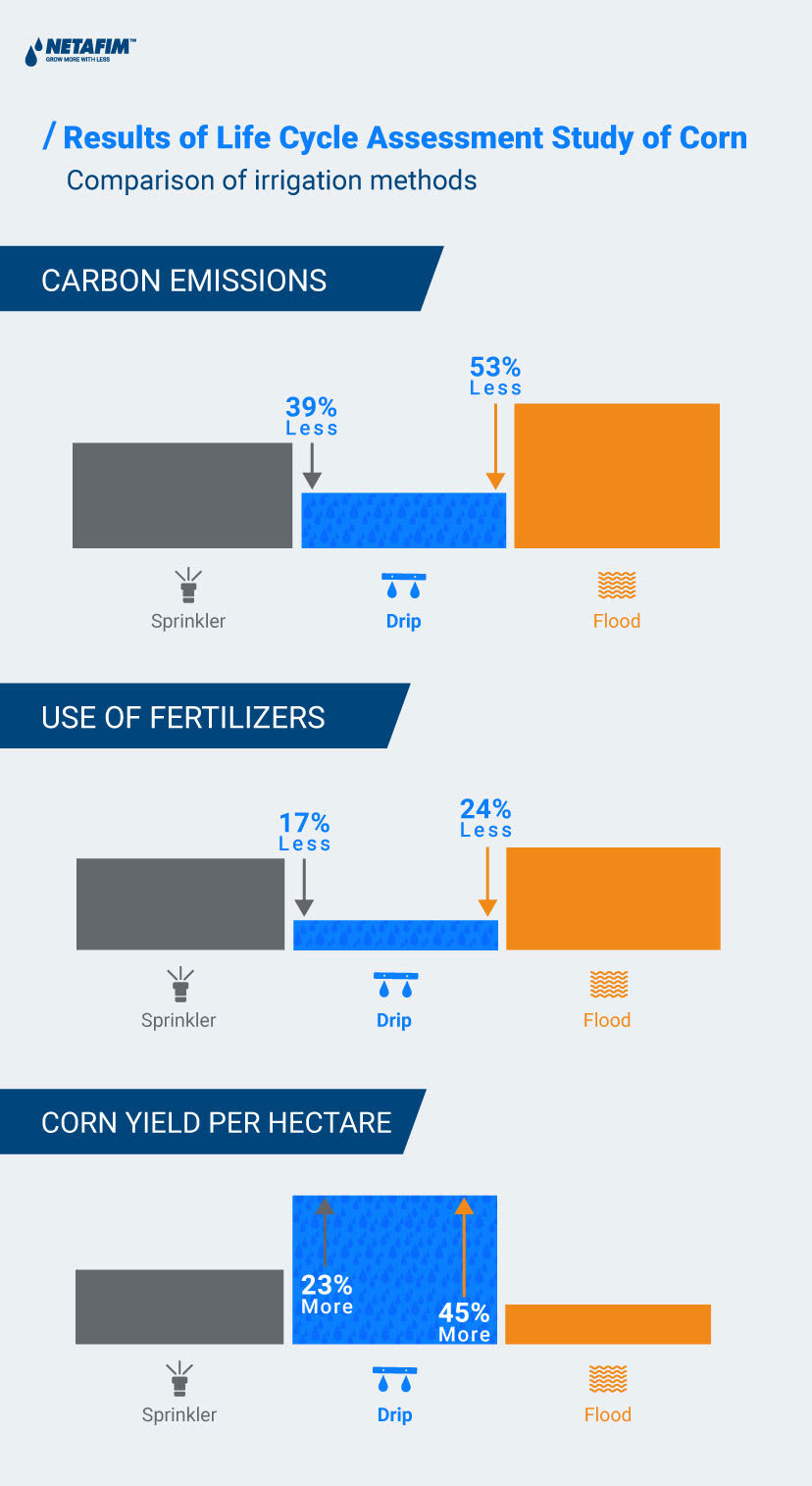
Highlights of the study:
• Corn grown with drip irrigation releases 53 percent fewer carbon emissions compared to flood-irrigated corn and 39% fewer carbon emissions compared to sprinkler irrigation.
• Drip-irrigated corn requires 24% less fertilizer than when it is grown with flood irrigation, and nearly 17% less fertilizer than when it is grown with sprinkler irrigation.
• Drip-irrigated corn produces 45% more per kilograms per hectare when compared to flood, and 23% more when compared to sprinklers.
An earlier study showed that rice grown using Netafim’s drip irrigation technology out-produces conventional paddy rice farming, uses 70% less water, and diminishes methane emissions to almost zero.
“We’ve been showing the world how to grow more with less for nearly 60 years and our pioneering technology is now critical to mitigate the impacts of climate change,” said Netafim Global Chief Sustainability Officer John Farner.
“Today, farmers are not only challenged by record-high energy and fertilizer costs, but also increased pressure to reduce their overall environmental footprint, all while producing our global food supply,” said Farner.
“Adoption of precision irrigation for corn, along with other crops around the world, is critical to stabilize farmer livelihoods, reduce the carbon footprint of farming, and ensure a food-secure future.”
With 33 subsidiaries and 17 manufacturing plants worldwide, Netafim offers customized irrigation and fertigation solutions to millions of farmers, from smallholders to large-scale agricultural producers, in over 110 countries.




